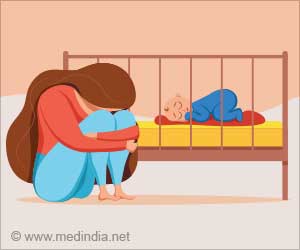Scientists at the Lundberg Laboratory for Cancer Research and Plastic Surgery Clinic at the Sahlgrenska Academy in Sweden have discovered a new hereditary breast cancer gene.
Scientists at the Lundberg Laboratory for Cancer Research and Plastic Surgery Clinic at the Sahlgrenska Academy in Sweden have discovered a new hereditary breast cancer gene. The researchers also discovered that women possessing a certain hereditary deformity syndrome carry a pronounced risk , almost twenty times, of contracting breast cancer.
Several research teams around the world have long been searching for new hereditary breast cancer genes, but thus far few have been found."Our findings are extremely important, providing new knowledge of hereditary cancer genes and how they can cause breast cancer. The discovery also makes it possible to uncover breast cancer in women who have a predisposition for Saethre-Chotzen malformation syndrome," says Göran Stenman.
By detailed mapping of families with Saethre-Chotzen syndrome, the Göteborg scientists have now found that women with this syndrome have an elevated risk of contracting breast cancer. Saethre-Chotzen is a syndrome that primarily involves malformations of the skull, face, hands, and feet. The syndrome is caused by mutations in a gene called TWIST1.
"Our findings show that women with this syndrome run a nearly twenty times greater risk of contracting breast cancer than expected. Moreover, many of the women were young when they were affected by breast cancer," says Göran Stenman.
The findings of the study show that women with this syndrome should be receive early mammograms in order to discover breast cancer at an early stage.
"We have already started to use this new knowledge in our work with patients and now recommend regular mammograms for young women with this syndrome. Several early cases of breast cancer have already been uncovered with mammography," says Pelle Sahlin, chief physician at the Plastic Surgery Clinic.
Advertisement
Source-Eurekalert
SAV/L











